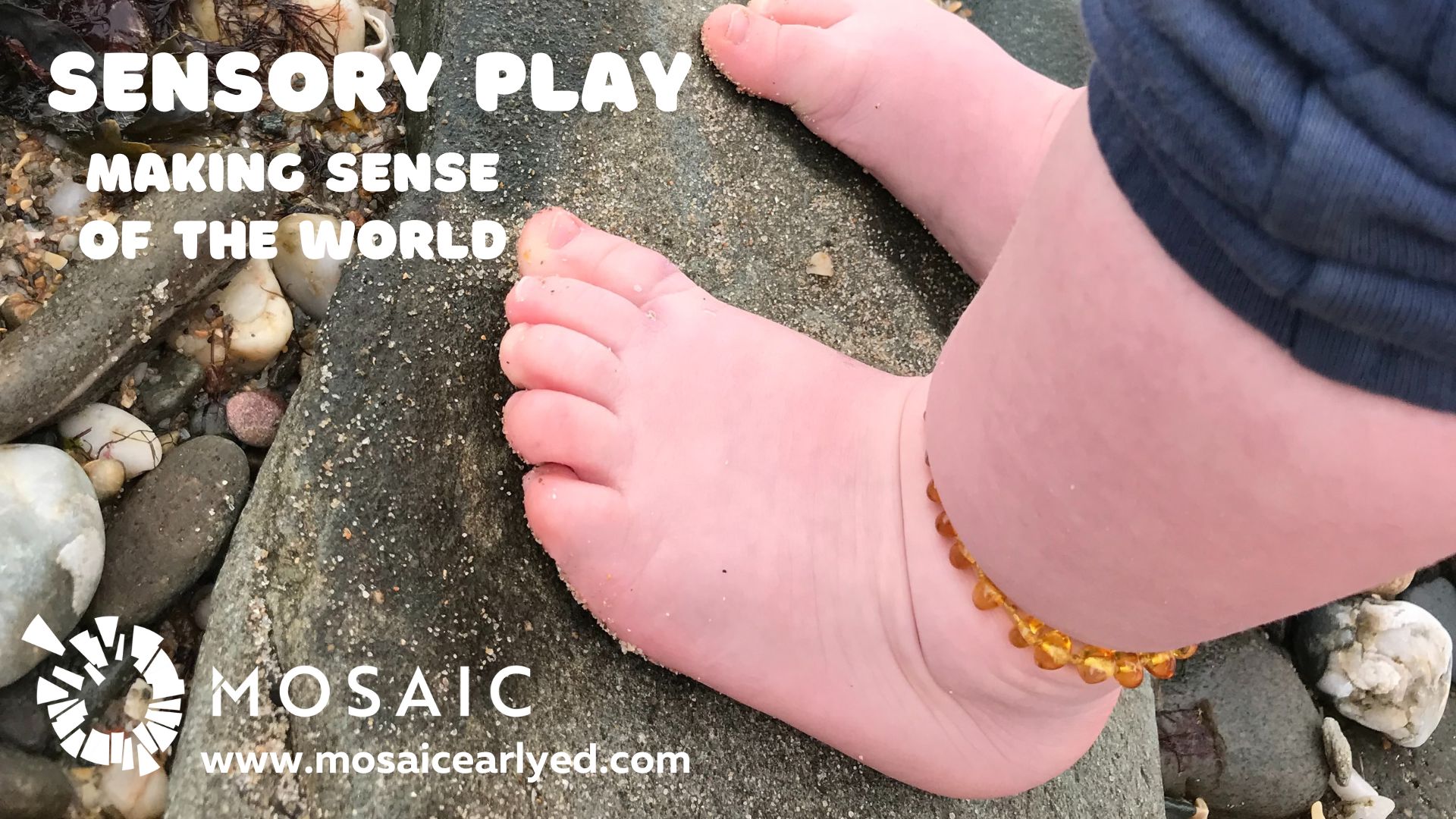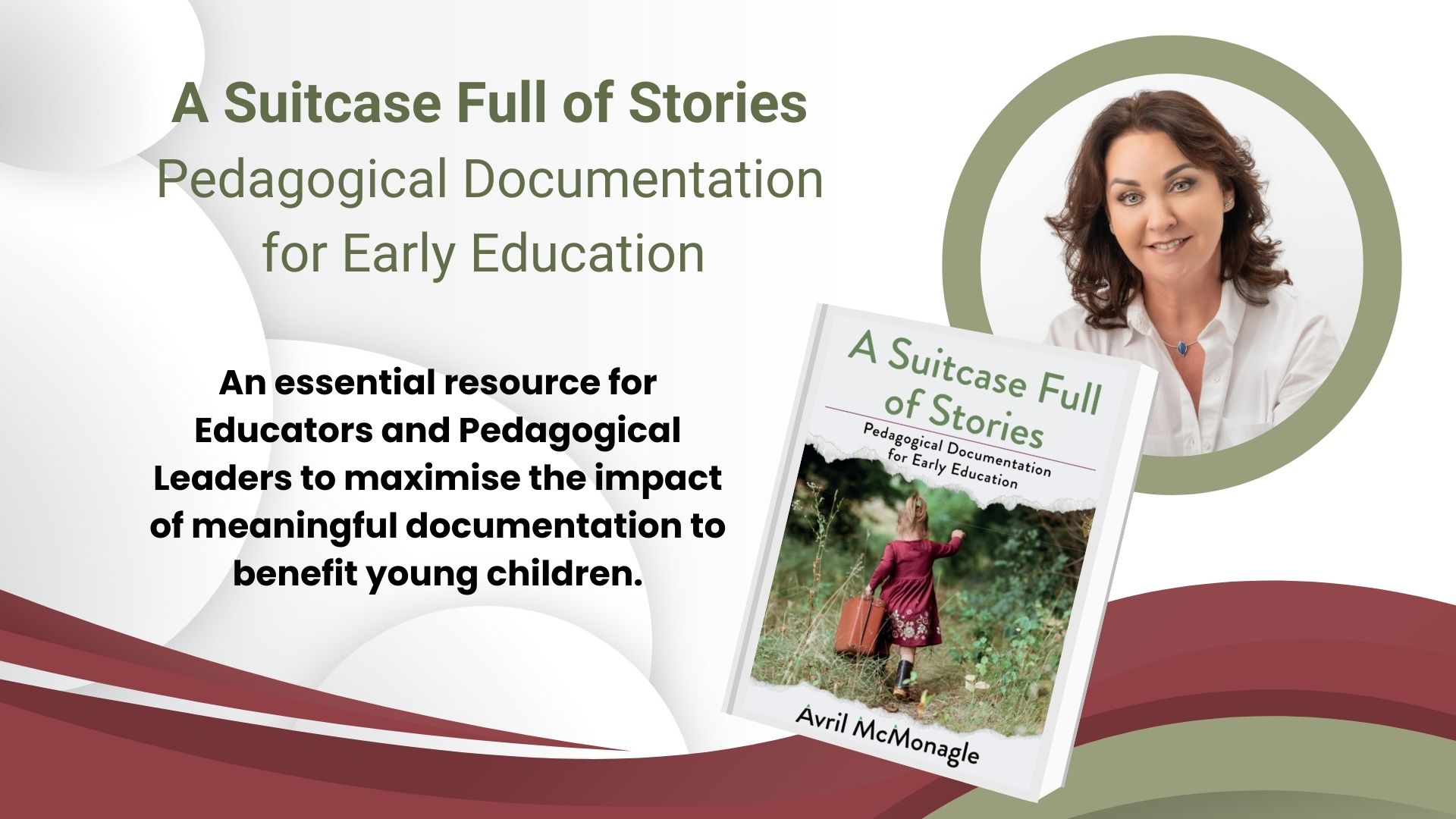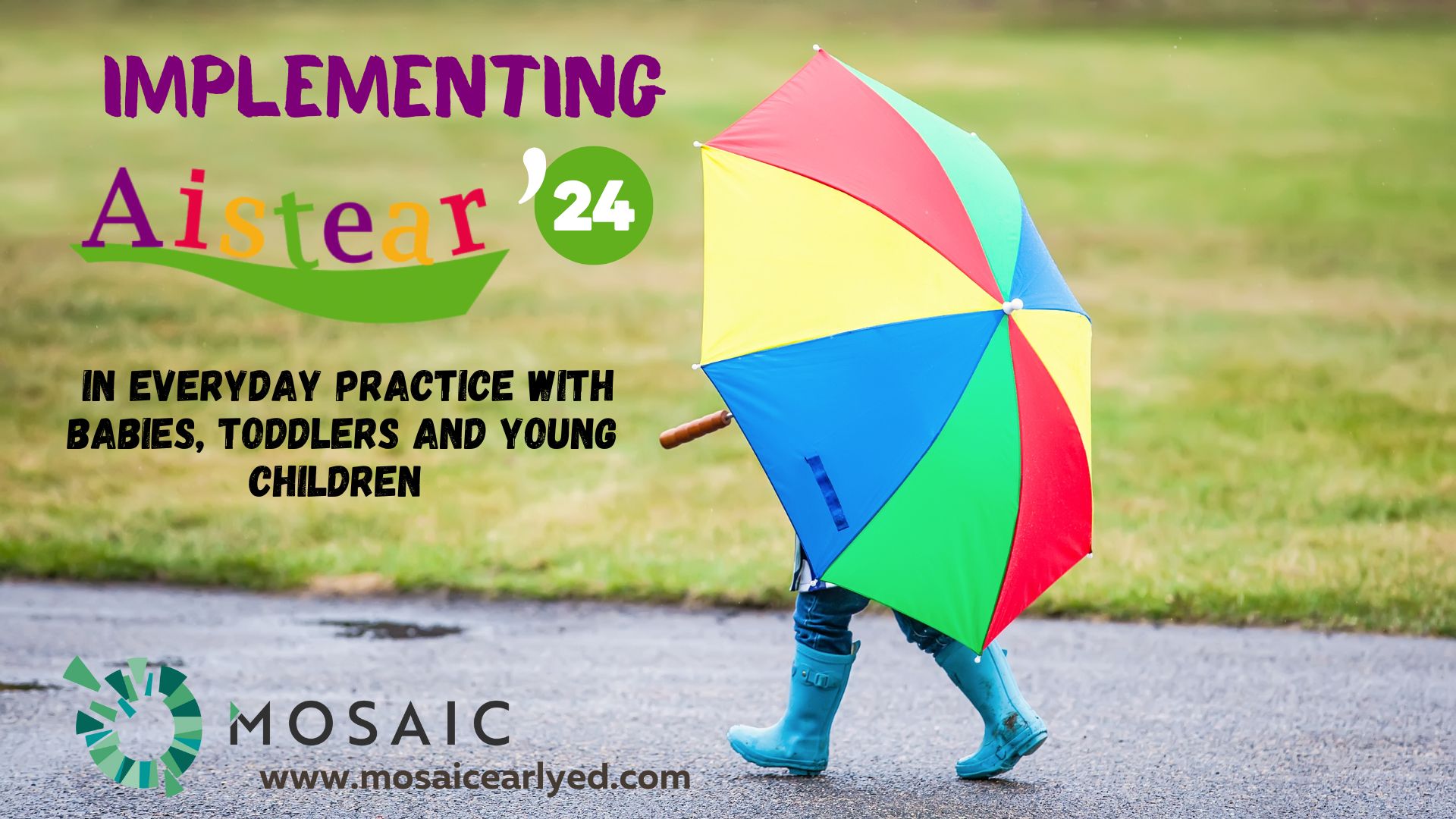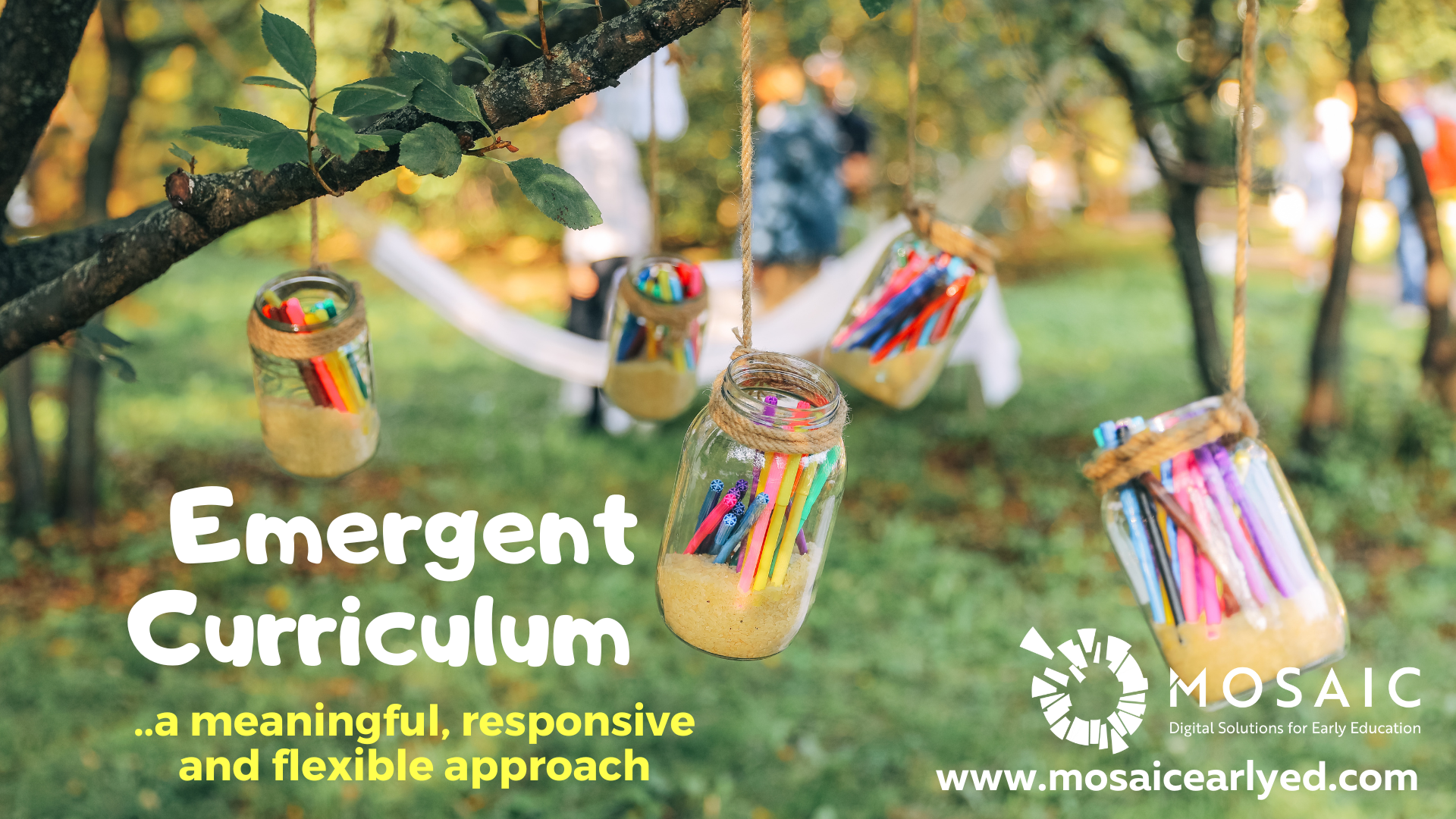Sensory Play
Programme Introduction
With sensory play, there’s always much more going on than meets the eye. Picking things up and feeling their texture is what is often associated with sensory play, but it’s about much more than touch. Sensory play includes any activity that stimulates a young child's senses of touch, smell, taste, sight, and hearing, as well as anything which engages movement and balance.
'Sensory Play - Making sense of the world' is an informative and practical programme that is suitable for educators working with babies, toddlers or pre-school children. The programme aims to bring awareness to the vital importance of sensory play as well as highlighting the impact for children with sensory processing difficulties. In addition the programme includes lots of visual and practical ideas for sensory play activities and provides samples of all important documentation of sensory learning linked to Aistear.
There are 2 reflective practice excercises for educators to think about their own practice in certain areas including a 'Sensory Audit' to evaluate the breadth of sensory activities on offer and the suitability of the environment for children with sensory processing difficulties.
The Reference Document section contains useful handouts for future reference and a certificate of participation can be downloaded on completion of the programme.
Programme Content
- The importance of sensory play for development
- The 5 main senses and the 2 movement senses
- Under reactive and over reactive sensory processing
- Sample play activities and documenting sensory development
- Sample Curriculum Plan and Learning Stories based on sensory activities.
Key Learning Outcomes
Participants will:
1. Develop an understanding of the importance and benefits of sensory play for the overall development of the child.
2. Develop/refresh awareness of the different characteristics of sensory play as aligned to the five common senses, along with two additional senses related to movement and spatial awareness.
3. Recognise sensory processing difficulties and how these can impact on a child's experiences and behaviour.
4. Appreciate different play activites for babies, toddlers and young children that will dovetail with Aistear and offer hosistic and age appropriate experiences for children.
5. Understand planning for and documenting sensory development as part of early childhood practice.

2.5 Hours
€25.00
Presentation with video/audio
Easy to follow components
Downloadable reference documents
Test multiple choice questions
Certificate of Completion
You may also like
A Suitcase Full of Stories - Book information feature
0.5 Hours
Free
'Implementing Aistear 2024'
2.5 Hours
€25.00
Emergent Curriculum (2nd ed. April 2023)
2.5 Hours



